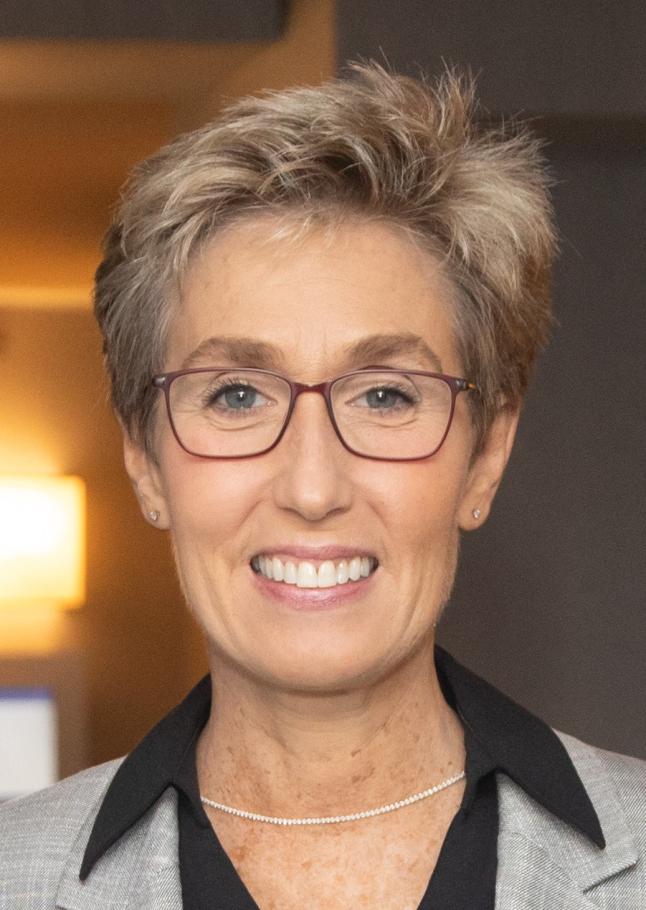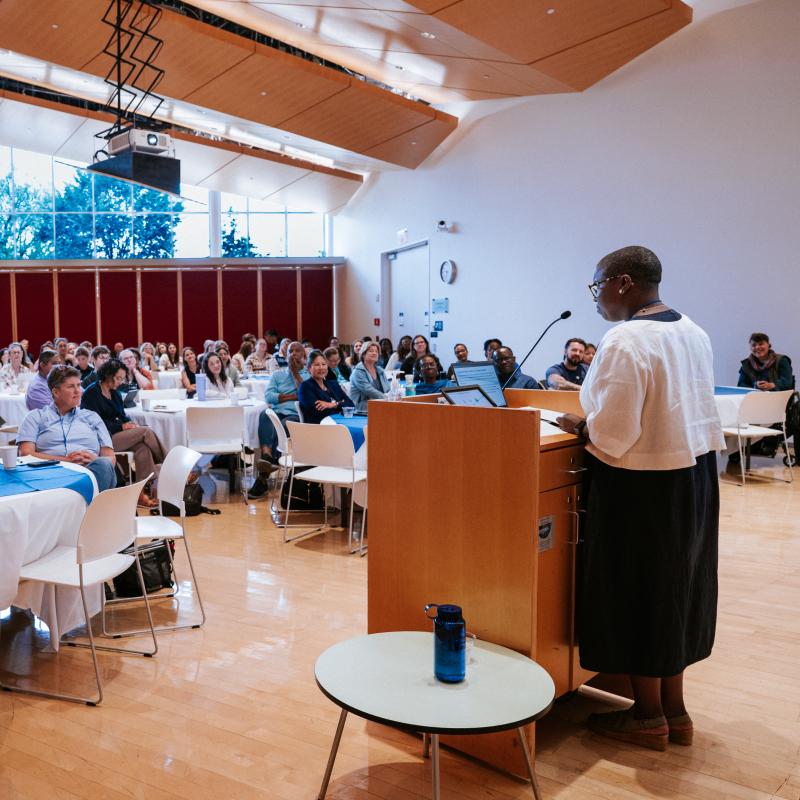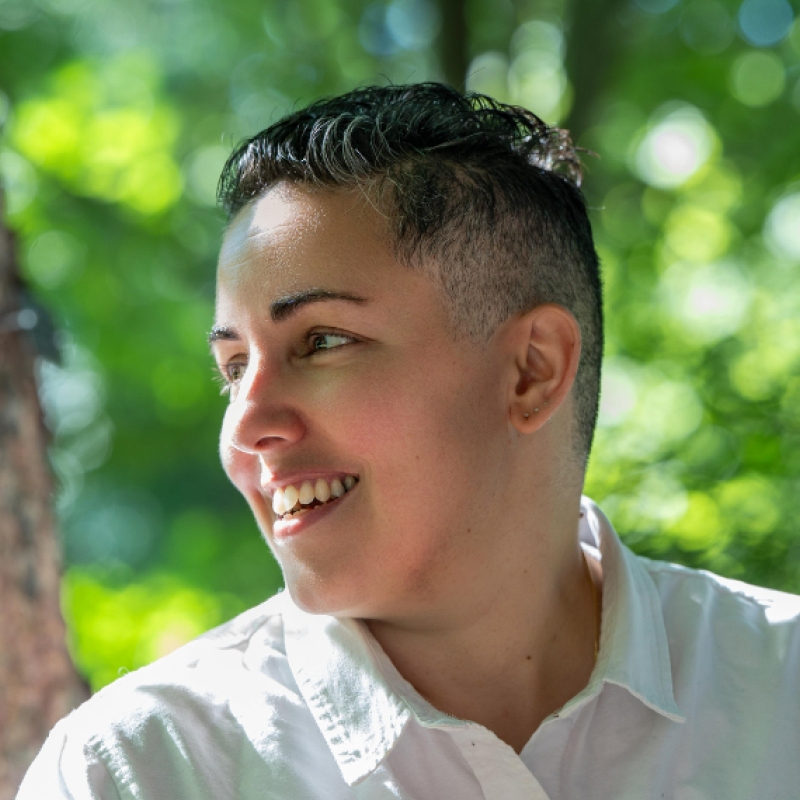
“Everyone’s resilience is really depleted, and there's a large-scale demonstrable decline in American mental health,” says Schroeder Stribling, M.S.W. '92.
The president and CEO of the nonprofit health advocacy organization Mental Health America, Stribling discussed the U.S.’s response to the latest mass shootings in a recent interview, and how it relates to the stigma around mental illness, as well as the youth mental health crisis.
In May 2022, a mass shooter targeted Black Americans in Buffalo, NY. Stribling says, "Being motivated by hate or racial hate or political ideology is not a mental health condition, full stop. The most important thing is that people with mental health conditions are far more likely to be victims of gun violence than perpetrators. That message can get lost very, very quickly.”
Stribling says that she has concerns around stigma, because when a mass shooting happens, many people immediately wonder what the mental health problem was that “caused” it.
She says that red flag laws, which allow courts to order guns to be removed from people deemed to be a risk to themselves or others, can help. These laws were part of the bipartisan gun violence prevention bill recently signed into law.
Before she joined Mental Health America last year as the CEO and president, Stribling worked for 18 years at N Street Village in Washington D.C., which provides mental health care, housing and support for women experiencing homelessness. After graduating from Smith SSW with her M.S.W., she began her social work career at Johns Hopkins hospital, organizing mental health programs for Baltimore’s Head Start system.
“All of my work in the last two decades has been at the intersection of poverty and the social determinants of mental health,” Stribling says. It helped her prepare for macro-level work in her role at Mental Health America, where she brings this intersectional approach to the larger picture.
“For instance, economic security, housing security, food security, the very basics that we know underpin our mental health,” she says. “They affect our mental health and it’s also hard to deal with any other mental health conditions that might crop up for people [if they are not addressed].”
She began her new role at Mental Health America last year with the COVID-19 pandemic still contributing to a mental health crisis among youth. Mental Health America is asking Congress to give more funding to mental healthprograms, especially early intervention and prevention which are often underfunded.
She says, “You can just look right down the list of risk factors and see that there’s an acceleration of distress and crisis across the board. However, clearly the five-alarm alarm is for youth.”
In 2021, Mental Health America reported that a record 5.4 million people took its online mental health screening tool, a nearly 500 percent increase from 2019, which included a large increase in youth looking for support.
Stribling says, “Being in school isn’t just about, you know, learning academically. It’s about social and emotional development that happens in groups with peers, so they’ve missed a lot of those developmental milestones during this time as well.”
Stribling says that peer counseling is a very effective approach, where people who have mental health conditions themselves are trained to support others.
“We just had one small step forward in that it looks like peers will be covered in some Medicare programming,” she says. “That’s fantastic. And we’d like to see that expanded and even be covered in private insurance as well.”
Small steps forward do make a difference, and Stribling is hopeful that the work being done at Mental Health America can help push legislation through that will provide much-needed mental health support to more Americans.


